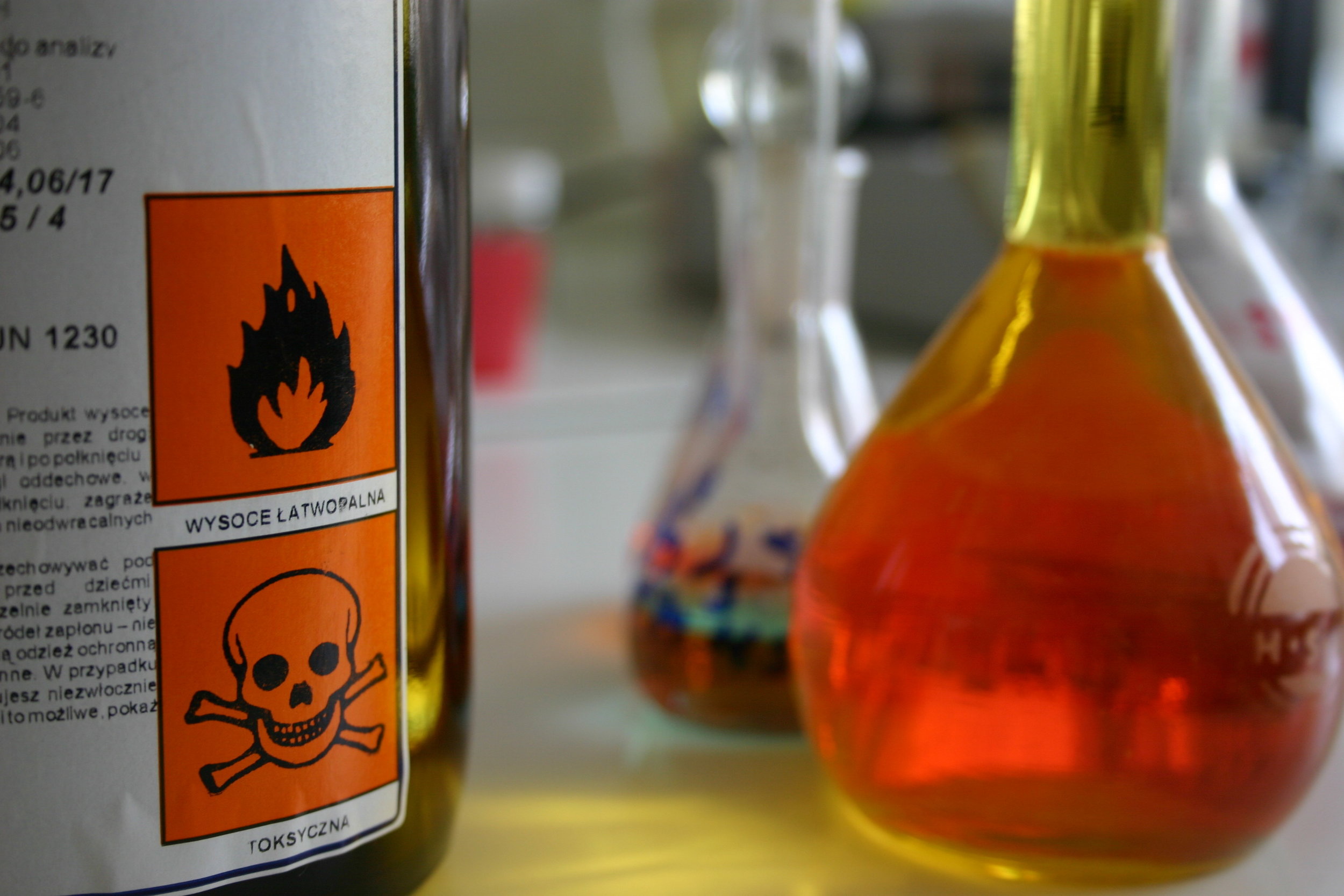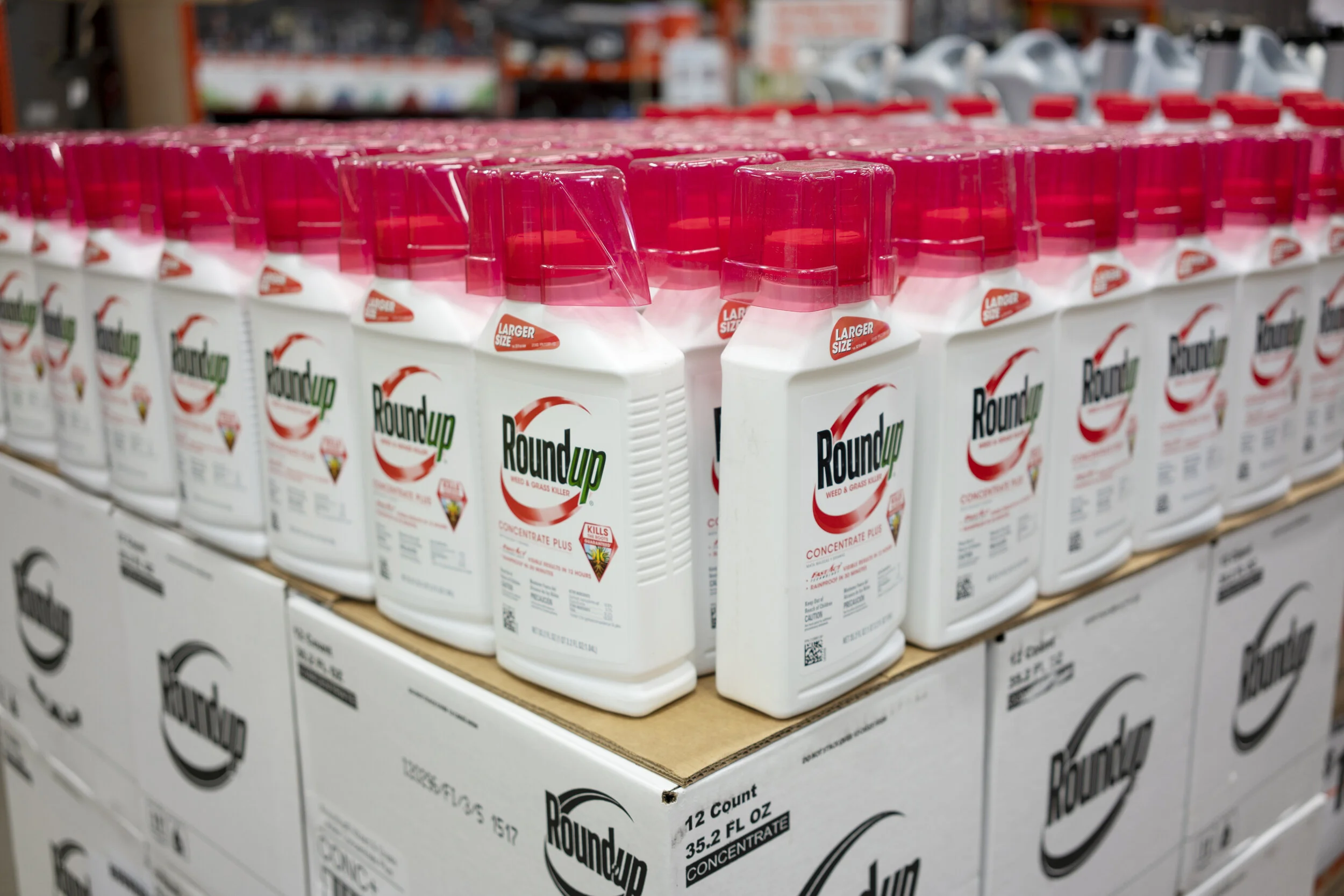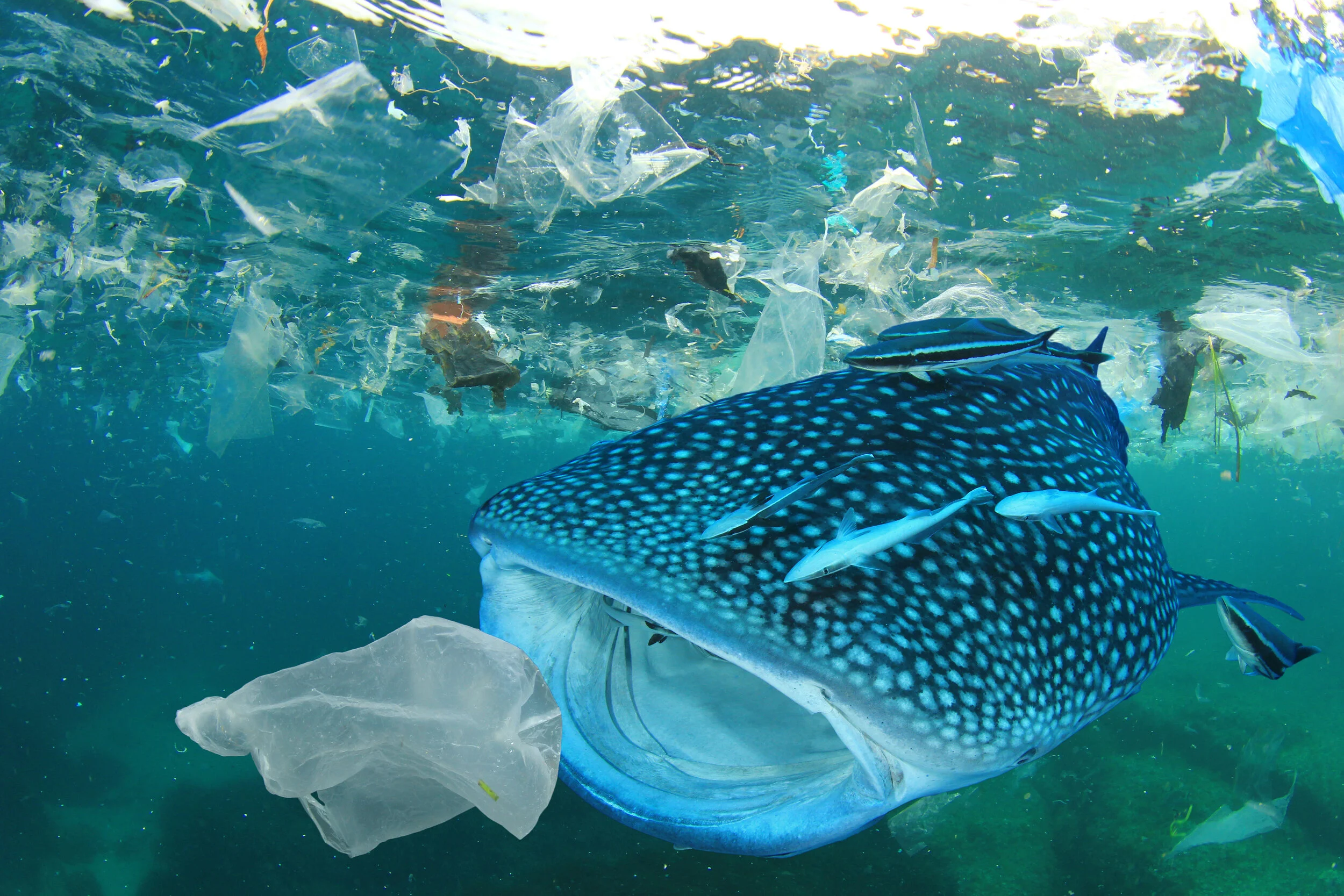TOXIC ENFORCEMENT
TOXICS IN COSMETICS
As You Sow launched a shareholder campaign in 2005 with the Investor Environmental Health Network and in consultation with leading health groups such as the Breast Cancer Fund. We asked companies to reformulate their products to meet the stricter cosmetic safety standards of the European Union (EU) and to increase transparency about their product ingredients, company safety standards, and procedures.
As You Sow filed a Product Safety shareholder resolution with Johnson & Johnson in 2005 that called for a report of the company’s continued use of chemicals banned by the European Union (EU) in non-EU markets, as well as the associated costs and timeframe for global reformulation.
In 2006, As You Sow, its shareholder coalition partners, and health experts met with Johnson & Johnson senior management and later withdrew the resolution based on the company’s continued progress in applying stricter EU standards to its U.S. markets and its promises to increase transparency through web disclosures. The company also provided written information that outlined its global safety standards, ingredient safety process, approach to phasing out chemicals, and program for supplier compliance with safety standards; and provided additional information on products of specific concern such as coal tar.
As You Sow also engaged with cosmetics companies on their use of nanomaterials. A nanomaterial is generally defined as any material that consists of nano-sized (extremely small) particles. To understand the size of a nanoparticle, consider that one nanometer is one-millionth the length of a grain of sand. By virtue of their tiny size, nanomaterials are much more chemically reactive than their normal-scale counterparts and are more likely to pass through biological membranes, circulate through the body, and enter cells. They are currently being used in cosmetics such as sunscreens, moisturizers, lip gloss, and complexion creams. As You Sow and other concerned shareholders are asking companies such as Avon, Procter & Gamble, and Walmart to:
Commit to remove, reduce, or label nanomaterials in their product lines pending the results of long-term safety testing;
Conduct inventory surveys identifying which products contain nanomaterials; and
Increase transparency and public reporting of safety testing procedures and results.












